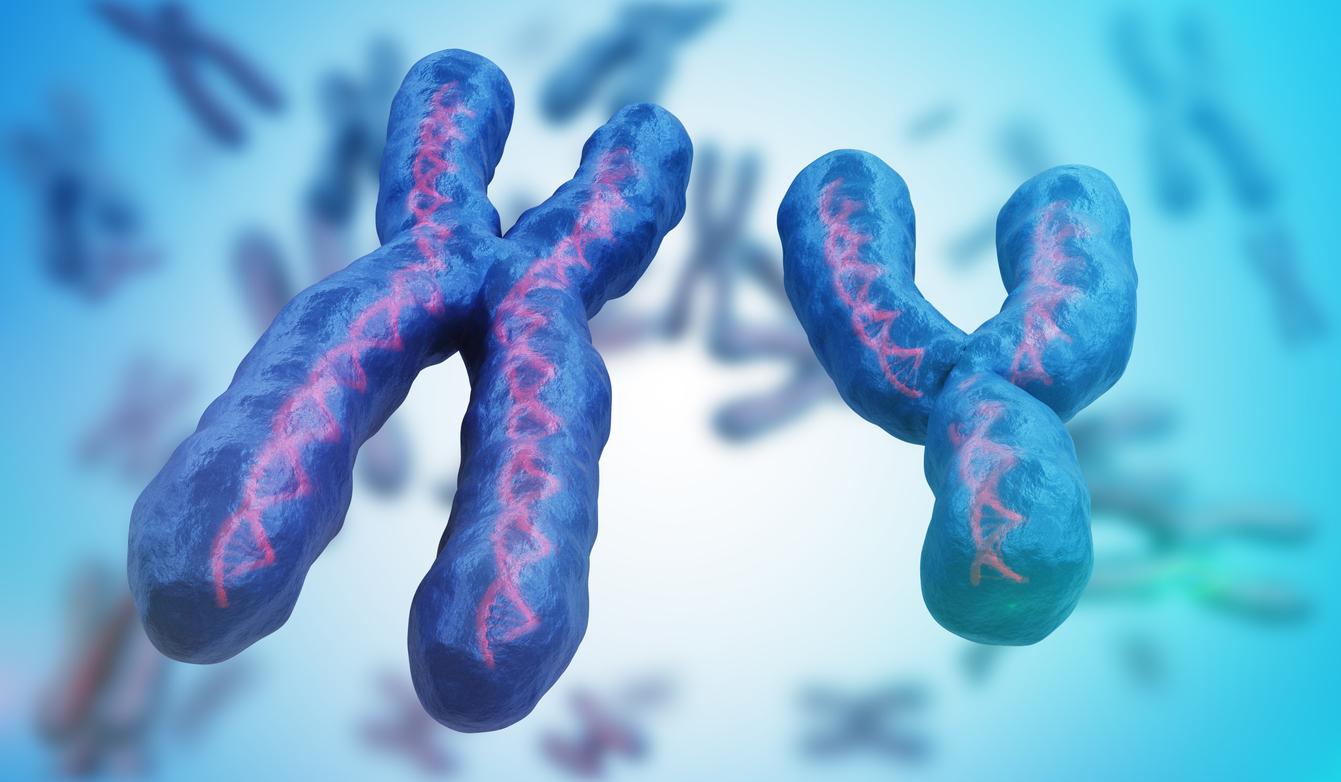According to figures from the association overcoming autism, 650,000 people suffer from autism in France. However, the disease is unknown, so that 37% of French people mistakenly believe that it is a psychological disorder. Autistic people have more mental health problems than the general population, and scientists have long suggested that the disease itself is the cause of these disorders. However, these problems are in fact due to the stress linked to the social stigmatization that patients face.
Indeed, researchers from the English universities of Surrey and College (London) have examined the impact of stress related to discrimination or rejection on the mental health of autistic people, whose disadvantaged social status and stigmatized is not without consequences: nearly 80% of French children suffering from autism in France would not attend school, again according to the association. The study, the first of its kind, was published on October 12 in the Journal of Society and Mental Health.
Higher levels of psychological distress
The survey was conducted among 111 participants considering themselves to be autistic. It covered six key areas of stress among participants. Items on ‘victimization and discrimination’ and ‘marginalization’ assessed the extent to which people with autism disclosed their condition to peers, colleagues and healthcare providers. ©. Other areas examined were ‘everyday discrimination’, ‘expectations of rejection’, ‘physical concealment’ and ‘internalized stigma’. Researchers assessed the extent to which exposure to these stressors negatively impacted participants’ mental health, in the form of psychological distress and impairment of mental health. well-being, despite control of the general exposure to stress in these patients.
The researchers found that stigma-related social stress, experienced by people with autism, was predictive of higher levels of psychological distress and lower emotional, psychological and social well-being than the general population. Previous research had already shown that people with autism are more prone to suicide. Conclusions that underline “the urgent need for additional mental health support for this group “, write the researchers, “with emphasis on social and educational reform in societies”.
“Autism and poor mental health were traditionally believed to be intrinsically linked, but this is not the caseconfirm at Science Daily Monique Botha, lead author and researcher at the University of Surrey. These results show that poor mental health in autistic people is directly linked to exposure to social stress, which goes beyond the effects of everyday stress experienced by others. Such an understanding allows us to better understand why people with autism are more likely to have poor mental health and will teach us about ways to reduce this stress. AT”
To read also:
- Autism: predicting risk with an MRI
- Autism: an association denounces an “unacceptable medical drift”

















